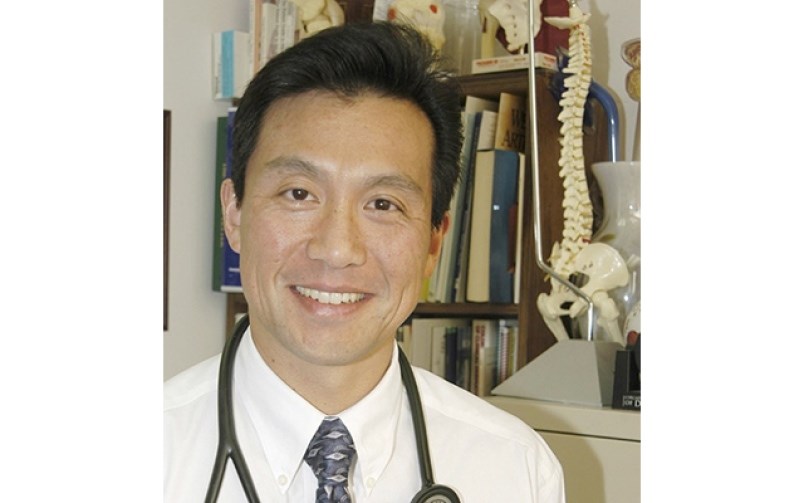Though healthcare heroes are not superheroes, every physician has an origin story.
It begins with the first inspiration to become a doctor — to persevere through formal education for perhaps a decade or more to gain the privilege of caring for others. Part two of that origin story is how each is called to one specialty.
When I was 10 years old, I was hospitalized for a particularly nasty flare of rheumatoid arthritis and vasculitis with fevers, swollen and painful joints and a whole body rash.
I found great comfort from the care I received from my doctors and nurses. They weren't just treating symptoms or even the disease; each cared for the scared child in pain who didn't know why he felt so bad.
I was inspired to one day be a healthcare professional who cares for the whole person.
Because it seemed that the nurses were working much harder and all that the doctors told me I had already looked up in my family's medical encyclopedia, I chose medicine.
Of course, by the time I was in medical school, I had learned that there was much more to being a great doctor than could be found in the medical encyclopedia. Science had obviously made progress since I was a child.
At the end of medical school, I was considering psychiatry or pediatrics as my specialty and took electives in those areas during my rotating internship in Victoria.
In those days, after completing an internship, an MD could locum (substitute doctor) as a family physician for one or more years before applying for a residency in another specialty. It was during those months working at primary care clinics for holiday relief that I knew I wanted to be a family physician.
Seeing individual patients repeatedly over time and meeting many members of the same families, I was enchanted with the stories each patient shared. The care I gave had to match the life of each individual including his or her unique experiences, values and way of seeing the world.
And by the time I had settled into my own family practice, the depth and breadth of my patient-doctor relationships had evolved and became ever more gratifying.
Family practice is unique among the specialties.
We don’t treat disease; we care for the whole person. We advocate for our patients to meet the challenges of their lives. We listen to our patients’ stories, and we empower them to transform their problems into their personal goals.
The science of medicine is ever changing. I've learned much more in the 35 years since medical school than I learned in medical school.
It is often said that primary care is longitudinal. I believe the art of being a good family doctor is LATTITUDINAL with depth (Our care is informed by our patient’s experience) and breadth (We understand in the context of each whole life) and LONGITUDINAL (We build trust in a relationship over a lifetime).
Dr. Davidicus Wong is a Burnaby family physician and has written for the NOW since 1991.



